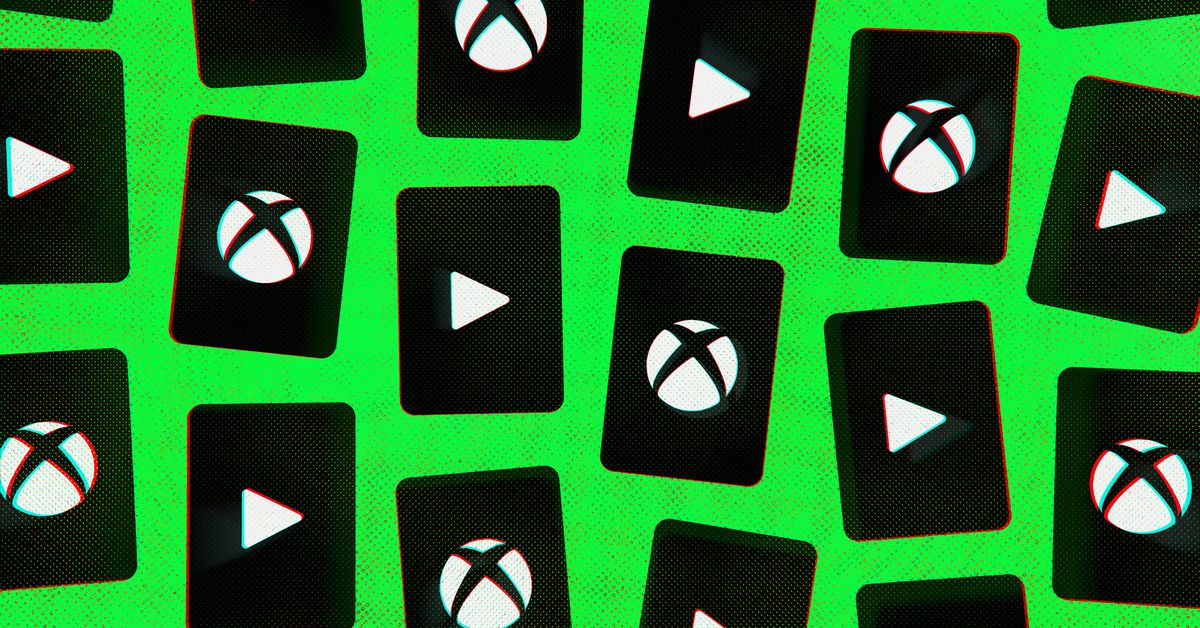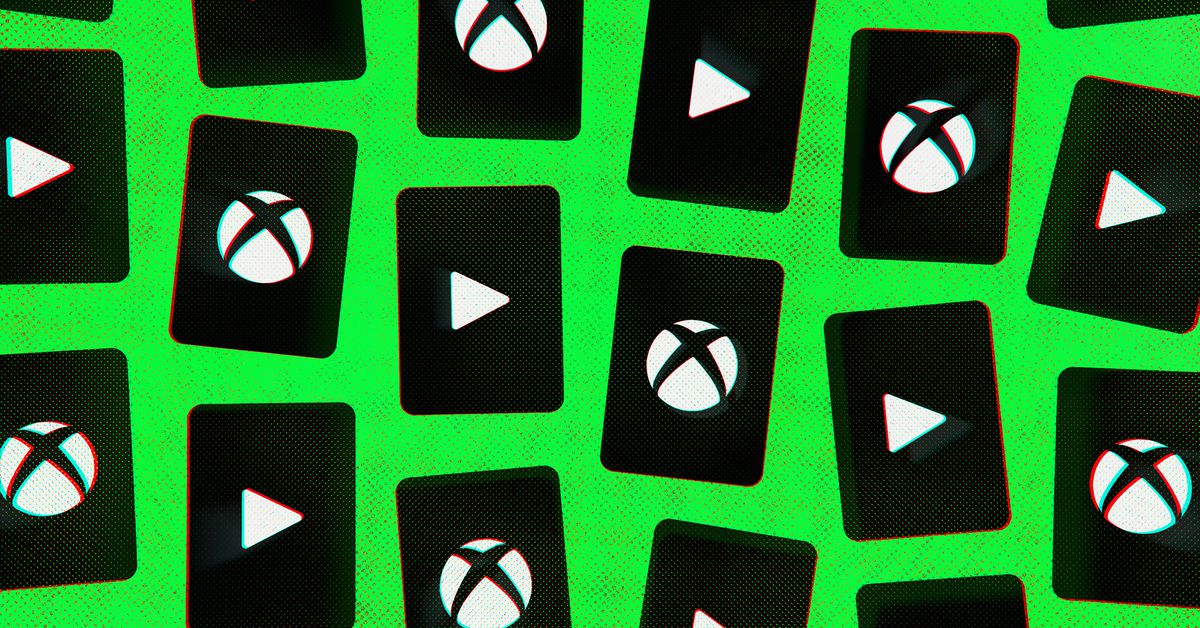
As the first week of the Epic v. Apple trial comes to a close, Apple is picking a fight over one of Epic’s witnesses. The fight centers on testimony from Lori Wright, Microsoft’s vice president of Xbox business development, who testified about the distinction between “general purpose” and “special purpose” devices on Wednesday in favor of Epic’s claim. Wright’s testimony set off a day of confusion over whether Microsoft actually makes money selling Xbox hardware. Apple is now asking the judge for an “adverse credibility finding,” basically a determination that Wright’s testimony can’t be trusted because of irregularities in document production.
In a new filing, Apple argued that some of the documents referred to in Wright’s testimony weren’t produced in advance, and the entire testimony should fall under a cloud. Apple’s lawyers zeroed in on Wright’s claim that Xbox hardware was sold at cost in order to subsidize game sales.
Microsoft really does not want to give Apple sensitive financial data about the Xbox
“Ms. Wright testified about the supposed unprofitability of Microsoft’s console business without providing the P&L statement from her files that could have substantiated (or disproven) her testimony,” Apple’s filing argues.
Apple has actually made this case before, arguing back in April that Wright’s testimony should be stricken from the record because of irregular document production in the weeks leading up to the trial. Now, they’re arguing that Wright stepped outside of the preset parameters of her testimony, and her entire testimony should be deemed not credible.
And at the center of it all is Microsoft’s profit-and-loss analysis for the Xbox hardware, which no one on the Apple side has seen. It’s worth remembering here that Apple and Microsoft have been locked in heated competition for decades now, and while Apple doesn’t have a product competing specifically against the Xbox, the broader companies are tied up in a delicate balance of fierce competition and business cooperation. As a result, Microsoft really does not want to give Apple sensitive financial data about the Xbox — and Apple sees the P&L statement as a way to punch back at Microsoft for getting involved in the App Store fight in the first place.
From the beginning of the Epic v. Apple trial, documents have been an issue — and it’s likely to continue being a problem as long as the proceedings go on. Both sides agreed in advance to upload exhibits to a public Box folder (it’s here, if you want to follow along), but the actual use of that folder has been extremely chaotic. On the first day of the proceedings, more than 100 different filings were uploaded to the general exhibits folder, only to have a handful clawed back as sealed — including some of the Sony docs we published here. Nearly every day, documents have been added to the Box and then pulled back, to the point where we’ve had to mirror the whole thing just to make sure we don’t miss anything.
Some of this is normal. A big part of the legal fight is over which documents can be used in the trial and which parts of those documents can be blacked out to conceal trade secrets or other information the companies would rather not get out. The companies’ lawyers have been going back and forth on these tiny details for months; it’s just what lawyers do.
But it’s fair to say this case has been unusually chaotic — either because of the remote nature of the trial or the sheer volume of different companies involved. A lot of information has come out of the discovery in this case, and not all of it was supposed to. Now, Microsoft is caught between giving up information that could help in court and giving up business secrets to a longtime rival. Microsoft wants Epic to win this case, and it’s willing to talk about Xbox profitability if it helps to make that happen. But giving up that information in open court might be a bridge too far.
